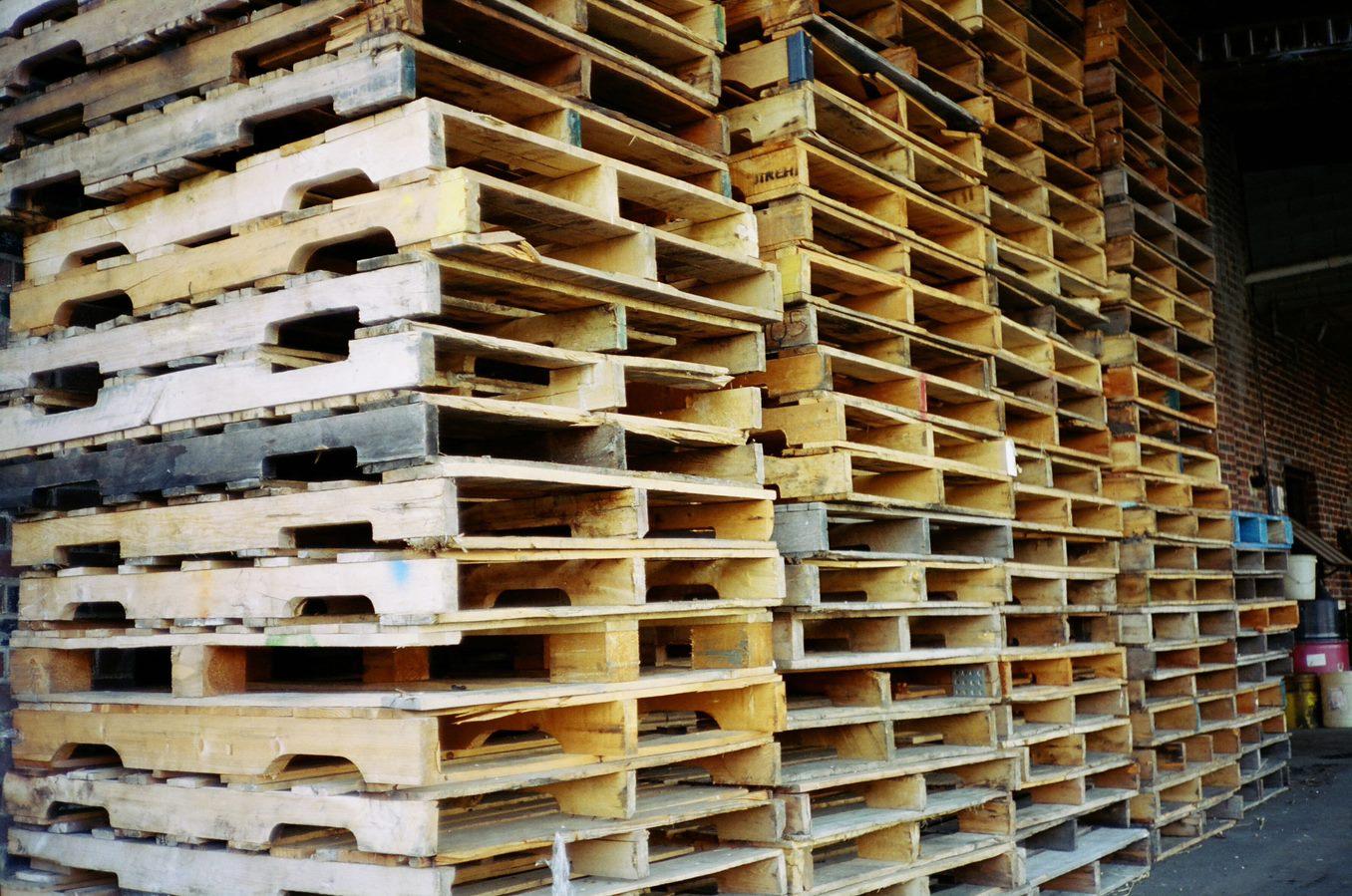
There’s a growing movement among companies and organizations to strive for zero waste. It’s a noble ambition, but a difficult task by almost every measure. The good news is there are steps that can be taken within your supply chain to help move closer toward your waste reduction goals. A simple one – and one that is easy to overlook if you don’t deal directly with it – is management of your shipping pallets. But in fact, a good pallet management plan tackles three of the main components of zero waste initiatives: reduce, reuse and recycle.
Better yet, when done effectively, a pallet management plan based on reuse and recycling benefits more than just green initiatives, it can also improve your bottom line. Let’s quickly touch on three of these benefits:
Save Money
While environmental aspects may be the obvious headliner, there’s a bottom-line benefit to your business that makes pallet recycling more than just a socially responsible action.
Retailers and distributors with effective pallet management programs can reduce their costs by reusing undamaged pallets and selling the damaged pallets to be repaired and reused.
Simply repairing and reusing pallets can lead to big savings over time. Oftentimes, these repairs can even be made with parts from other damaged pallets as opposed to using new, more expensive wood.
The pallets in your supply chain should be considered capital assets. With such an approach, your pallet supply can serve as a means of savings (and profit) if handled appropriately.
For manufacturers, recycled pallets cost a fraction of new pallets, yet perform their tasks just the same. The cost of routinely purchasing new pallets can escalate quickly. It’s estimated that a used or recycled pallet can save as much as 75% over buying a new wood pallet. And because those recycled pallets are inspected, they offer all the structural integrity of a new pallet.
Simply repairing and reusing pallets can lead to big savings over time. Oftentimes, these repairs can even be made with parts from other damaged pallets as opposed to using new, more expensive wood.
The pallets in your supply chain should be considered capital assets. With such an approach, your pallet supply can serve as a means of savings (and profit) if handled appropriately.
Save the Environment
It’s often estimated that almost 2 million pallets are in service in the U.S. alone every single day. More than 90% of those pallets are constructed from wood, and wood pallets are 100% recyclable. By recycling wood pallets – either through re-entering them into circulation or through proper disposal at the end of their life cycle – you’re making efforts to:
- Reduce deforestation
- Reduce waste disposal
- Reduce landfill contributions
- Reduce soil erosion
- Provide an overall cleaner environment
Many of the sustainability benefits of using recycled wood pallets are obvious, from saving trees for the manufacture of pallets, to saving energy used in the production of pallets, to saving space in landfills where so many pallets used to end up. What may not be so obvious, though, is how large this impact can be.
For example, one projection says 350 million recycled pallets per year saves about 43 million trees! The U.S. Forest Service has estimated that 474 million wood pallets were recovered in 2011, with 326 million of those returned to circulation as pallets and the remaining 148 million recycled into “other products.” Another study conducted by Virginia Tech University estimated that of 700 million wood pallets manufactured and repaired in the U.S., less than 3% now end up in landfills.
Furthermore, broken or damaged pallets leaving circulation can serve an afterlife. The wood can be turned into biomass, mulch, animal bedding, particle board and other by-products.
Save Headaches
This one might sound a little less tangible, but don’t underestimate the benefits of recycling your pallets in order to ensure you always have a ready supply on hand. That means not having to delay or impact shipments because you’re stuck waiting for new pallets to arrive. You’re solving a logistics issue before it happens.
Using recycled pallets to form a closed-loop system also reduces the storage space needed for old pallets. Not only is your supply and demand kept in check, you’re improving workplace safety by reducing the storage space required for disposed pallets.
Reduced excess, fewer potential injuries, less headaches – an often overlooked but very real benefit of recycling your wood pallets.
